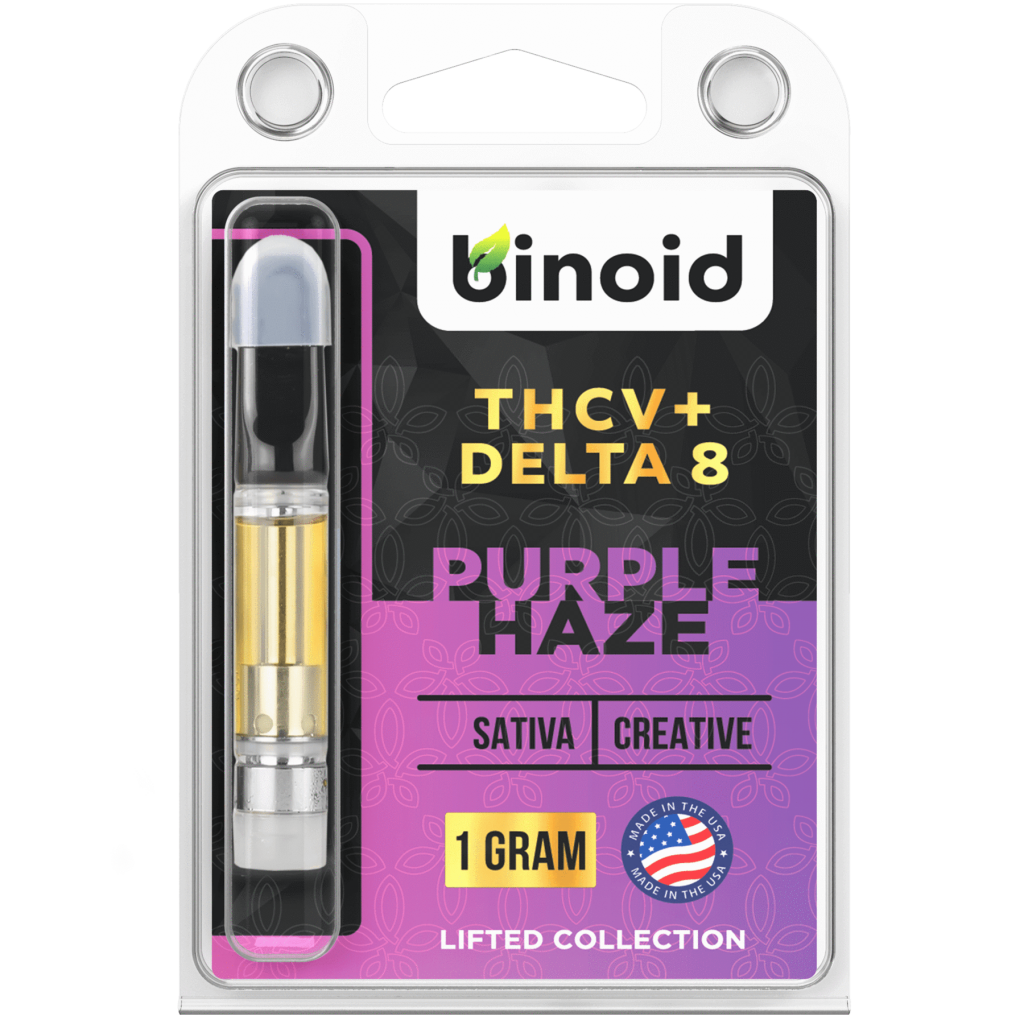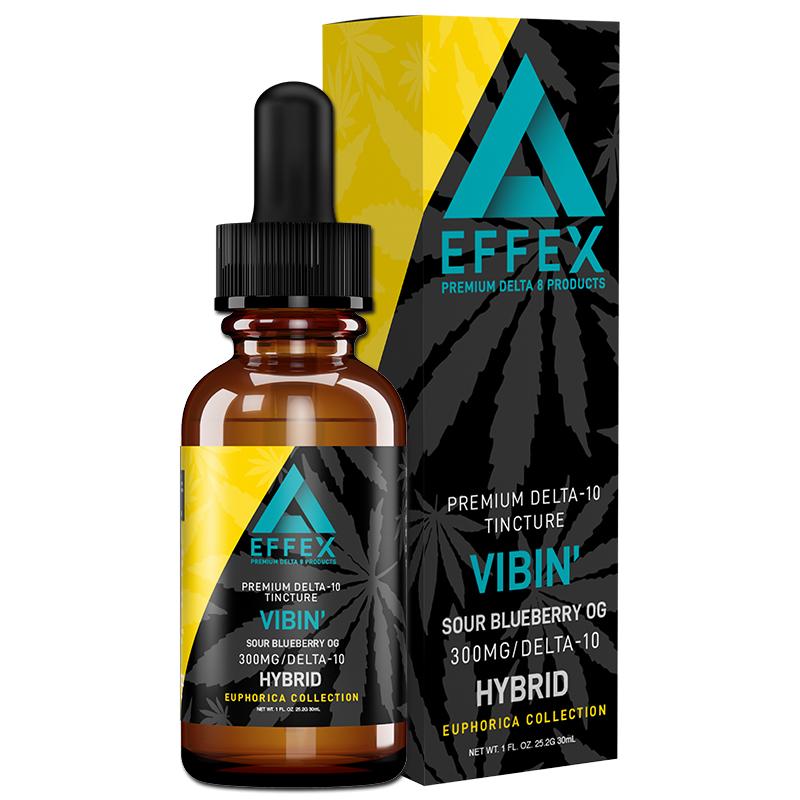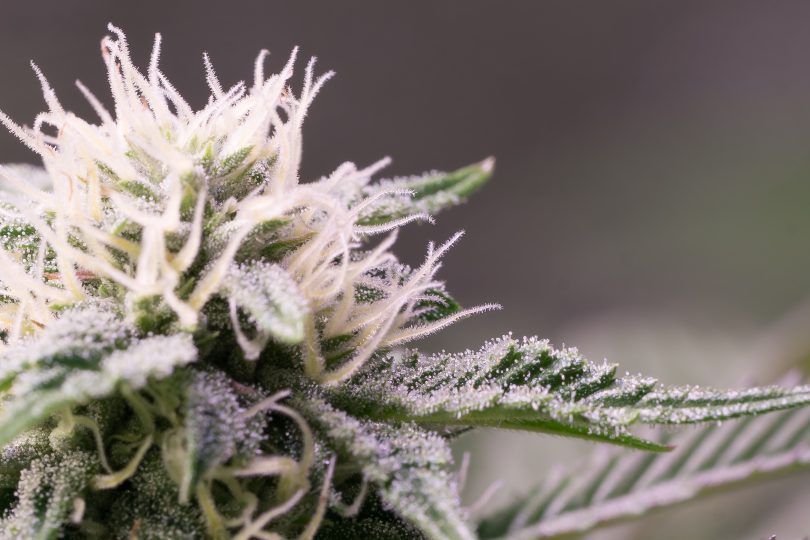THCA, or tetrahydrocannabinolic acid, is a relatively unknown compound found in the cannabis plant. Research on this cannabinoid is quite promising, despite the fact that it’s still mostly uncharted territory. However, one of the most hopeful studies to date is a new one from Israel that suggests THCA could be beneficial in the treatment of drug resistant tumors.
Medical cannabis has come a long way. From SciCann and its new-age THCA cancer treatments, to delta-8 THC – an alternative to delta-9, which won’t cause anxiety, and leaves users with a clear-headed high, and slightly less psychoactive effect. New cannabis technology means new and improved products for consumers, and that’s good for you. If you want to try what today’s world of cannabis technology has to offer, subscribe to The CBD Flowers Weekly Newsletter for more articles, exclusive deals, and to take advantage of today’s best advancements in cannabis products. Or you can check out the Delta 8 Weekly Newsletter for the best deals on Delta 8 THC.
What is THCA?
Everyone’s heard of THC (tetrahydrocannabinol) but most people don’t know about its precursor compound, THCA, which is found only in raw cannabis plants. As the buds dry, cure, or when heat is applied, THCA eventually turns into THC. This process – when THCA loses its carboxyl acid group – is known as decarboxylation. Contrary to popular belief, THC actually isn’t found in fresh flowers.
If you’ve ever bought cannabis from a dispensary that sends their bud out for lab-testing, you may have noticed that somewhere on the package it will have the “THC content” listed. It’s labeled this way because, presumably, the consumer is going to smoke, vape, or otherwise heat the product in some way. However, it would be more accurate to label it as “THCa content” since the flowers are raw when purchased.
For many years, this acid compound has been largely ignored and the central focus was on THC and finding ways to vilify it. Thankfully now, we’re starting to make great strides in the way of cannabis research and medical researchers are starting to look at the unique benefits of multiple cannabinoids, including THCA.
Unlike its decarbed counterpart, THCA is non-psychoactive, although very relaxing, and it does have numerous medical benefits. THCA can help with pain, inflammation, and neurological disorders like epilepsy. It has been found to contain neuroprotective qualities and can be a helpful compound in the treatment of Alzheimer’s, Parkinson’s, and Multiple Sclerosis. Also, in addition to the research I’m covering in this particular article, previous studies have suggested that THCA has some level of anti-cancer properties.
Cancer Statistics
In the United States alone, an estimated 1,806,590 new cases of cancer will be diagnosed in the coming year, and out of those cases, 606,520 will die from the disease or a related complication. The most common cancers, in descending order, are breast, lung, prostate, colon, melanoma, bladder, non-Hodgkin lymphoma, kidney/renal, endometrial, leukemia, pancreatic, thyroid, and liver cancer. In women, the most commonly diagnosed cancers are breast, lung, and colorectal, while for men the most common are prostate, lung, and colorectal. These 4 different types of cancer account for roughly 50% of all new cases.
Despite living in a nation that prides itself on having the best medical care on earth, cancer mortality rates remain high. For men, the number rate of death is higher with 190 per 100,000 – compared to 136 per 100,000 for women. There are race discrepancies as well, with cancer mortality being highest in African American men (227 per 100,000) and lowest in Asian/Pacific Islander women (86 per 100,000).
NEW: THCV + DELTA 8 VAPE CARTRIDGES

Approximately 40 percent of American adults will be diagnosed with cancer at some point during their lives and an estimated 16,850 children and adolescents between the ages of 0 to 19 will receive a diagnosis. The cost of national cancer-related expenditures is around $160 billion. These numbers are all estimated to increase over the coming decades as a result of an aging population and exposure to environmental and dietary carcinogens.
Worldwide, cancer is among the leading causes of death. Every year around 18 million people are diagnosed with cancer, with roughly 9.5 million deaths. Generally, cancer rates are highest in countries whose populations have the highest life expectancy, education level, and standard of living, which tells us a few different things.
First, the obvious, incidence rates for cancer go up as age increases, so naturally, a population with a larger number of older citizens will have higher rates of cancer as well. Now, the less obvious, people in more developed nations live in a much more sedentary lifestyle and are exposed to a variety unnatural compounds over the course of their existence, many of which are carcinogenic. People living a simpler and more natural lifestyle are typically healthier overall.
Multiple Drug Resistance
Although the number of available cancer treatments is growing, long term survival rates for patients undergoing traditional chemotherapy remain suboptimal. A major factor impacting the effectiveness of chemotherapy is the development of resistance to a variety of anticancer drugs. This is referred to as Multiple Drug Resistance (MDR) and it occurs in over 50 percent of cancer patients who experience a recurrence. Recurrence, coupled with MDR, greatly increases the risk of mortality.
According to the study, “The dominant mechanism behind Multi Drug Resistance involves active extrusion of the cytotoxic drugs from the tumor cells by dedicated efflux pump proteins, that reduces the intracellular levels of cytotoxic drugs below lethal thresholds. Blocking the flow of chemotherapeutic drugs out of MDR cells by efflux pump inhibition has been for long a highly desirable approach for tumor resistance reversal, however the first two generations of chemosensitizers, drawn from drugs approved for other indications and their derivatives, did not progress to become established clinical modalities, mainly due to adverse effects and toxicity.”
Simply put, MDR occurs via the increased release of drugs (chemotherapy drugs in this case) outside the cells, so drug absorption is reduced within the cells. There are many different mechanisms at play here, but the main point is that MDR is responsible for over 90 percent of deaths in cancer patients on chemotherapy drugs, and a solution to this problem is of utmost importance.
About the Study
According to this study, which was completed by SciCann Therapeutics in Israel, the THCA class of cannabinoids has potential as an MDR pump inhibitor, one that’s non-toxic, non-psychoactive, and free of dangerous side effects. Research on the subject is limited, but this particular study is very informative with incredibly promising results.
According to Professor Dan Peer from Faculty of Life Sciences at Tel Aviv University, “ the goal was to discover a set of potent cannabinoid compounds that would be safe and non-toxic for clinical use, however would show high efficacy in blocking cancer cell efflux pumps.” SciCann’s aims to develop a first in class cannabinoid “chemosensitizng agent to be administered as an add-on therpay together with traditional chemotherpay, for patients who have developed a Multi Drug Resistance cancer type and thus restore tumor response levels to therapy.”
This first test was conducted on the human ovarian adenocarcinoma resistant cell line (NAR) and its non-resistant parent line (OVCAR-8). MDR is one of the most common causes of chemotherapy failure in patients with ovarian cancer as well as secondary treatment failure that can lead to devastating outcomes.
NEW: DELTA 10 THC

SciCann’s research program has already discovered numerous cannabinoids that can act as MDR efflux pump inhibitors. However, the most effective was THCA, which, according to their documents, “has demonstarted a very significant effect of efflux pump inhibition and synergistic activity with traditional chemotherapies”.
This study does not peg THCA as a cure for cancer, but rather as a treatment option that, when combined with other traditional cancer therapies, could greatly increase the likely hood of treatment success and a person’s chances for survival. In short, THCA can be used to re-sensitize tumors that have been previously unresponsive to other treatments.
SciCann has filed a very broad patent application that covers “any pharmaceutical composition that contains a combination of THCA and any anti-cancer or anti-bacterial drug substance, as well as the method of using THCA as a tumor cell or pathogen cell sensitizing agent. The international PCT patent office has found no relevant prior art in the literature for the THCA – chemo or antibiotics combination, or for the use of THCA as a chemo and antibiotics sensitizing agent, and therefore declared the invention as novel and patentable.”
Main Takeaway – THCA for Drug Resistant Cancer
THCA alone doesn’t kill cancer, at least, not according to this study. It does, however, help traditional chemotherapy and other cancer immunotherapy treatments work more efficiently by bypassing any existing Multi Drug Resistance, that is common in roughly half of all cancer patients. A combination of standard cancer therapies along with THCA could allow doctors to give much smaller doses of chemotherapy drugs to their patients, minimizing the risk of dangerous side effects and making survival much more likely.
Thank you for stopping by CBD TESTERS, your source for all things cannabis-related. Remember to subscribe to The CBD Flowers Weekly Newsletter for more articles like this one and exclusive deals on flowers and other products.








I was on Multiple Sclerosis treatment from HealthPoint for 6 months. The treatment relieved symptoms significantly, even better than the medications I was given. Reach them at herbalhealthpoint. com